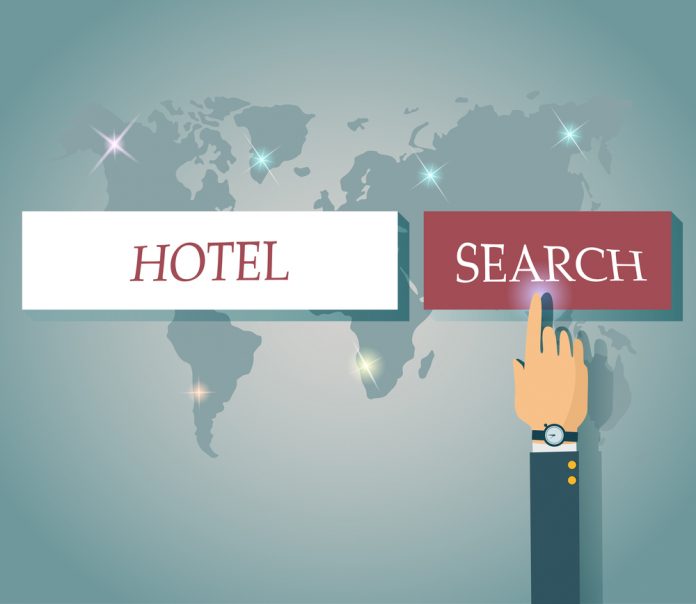Having a good website is a must for most hotels – and to achieve that there need to be many elements: A good layout without clutter, attractive photos, easy navigation and lots of positive reviews. While all that will help, however, the booking engine itself can help generate revenue. The obvious way it can do so is by working efficiently – nothing is more likely to put off a would-be guest than a complicated system or something that takes a long time to complete. That is important, but it is not the only way a booking engine can help generate revenue. Far from it, in fact, for there is much more that can be done than simply the avoidance of fault and clutter.
Keep it user friendly
Needless to say, there is a lot that can be done to aid the user experience when booking. As well as keeping the process simple, brief and efficient, there are smart steps you can take. Having a text format and layout that look similar to the main site is obviously common sense; it means the guest is sure theyare still on the same site. Another step that can be taken is to have an indicator telling them how far they are through the booking process. This will prevent someone stopping 90 per cent of the way through in the mistaken belief that they still have a lot more to do.
All publicity should be good publicity – not least special offers
If bad reviews can be harmful, it is also the case that many hotels and chains do not do enough to blow their own trumpet when there is good news. That should not just be included on the homepage of a website, but should also include spreading the message about special offers far and wide. So when providing these, make sure they are given plenty of coverage. Highlight them on the homepage, with a hyperlink to the booking engine. Do likewise with social media such as Twitter or Facebook. The use of special offers is a tactic that can be very effective in driving traffic. This includes promotions aimed at particular groups. For example, if there is a notable event taking place, seek to tap into it with promotions aimed at those interested in it. An example of this would be a sporting event, where there are discounts for fans of the competing teams. At the same time, a great way of linking promotions with social media is to create loyalty-based promotions where users of a particular channel can get discounts. To take things further, the booking could offer add-ons, which will generate more revenue as the customer will spend more. These might include deals like gig tickets, or vouchers for use at a local restaurant. All this can bolster your bottom line while providing the kind of all-in package that will appeal to those who would rather not have to take the time to organise various aspects of their trip separately.
Good links matter
Promotions can certainly gain interest, but it is important that interest in these is transferred into bookings easily. Not only should they be well publicised, but wherever information about them is displayed, there should be a linking ‘book now’ button to click on, taking customers straight to the booking engine. This should be an essential element of your site design, with lots of places and pages on it from where the booking facility is just a single click away.
No middle man
Direct booking is not the only way a customer can book a hotel stay. It can also be done through third party engines. Of course, that comes with a cost, as the third party site takes a rake-off, reducing your earnings. This being the case, the importance of having a good booking engine cannot be understated. In particular, it must be well publicised and easier to access than alternative means of booking. If your social media presence is a strong one, there is a good chance of achieving this goal. A good SEO strategy can also help.
Get involved with reviews
Interaction with review site such as TripAdvisor is another great way to get your booking engine into the game. Gone are the days when hotels and brands were simply the passive victims or beneficiaries of the vagaries of customer opinion. Instead, it has a number of uses. One of these is to identify what is going well – or badly – with your hotel so you can act accordingly. But it also provides a chance to offer a response to comments, one that can help attract revenue and include a hyperlink to the booking engine.
Conclusion
The above steps are by no means an exhaustive list of how your booking engine can be used to boost revenue. However, the overarching principles remain; visibility, attractive propositions for customers and user-friendliness will all make it easier to draw customers to the site and the booking engine, as well as helping ensure they complete the transaction.







